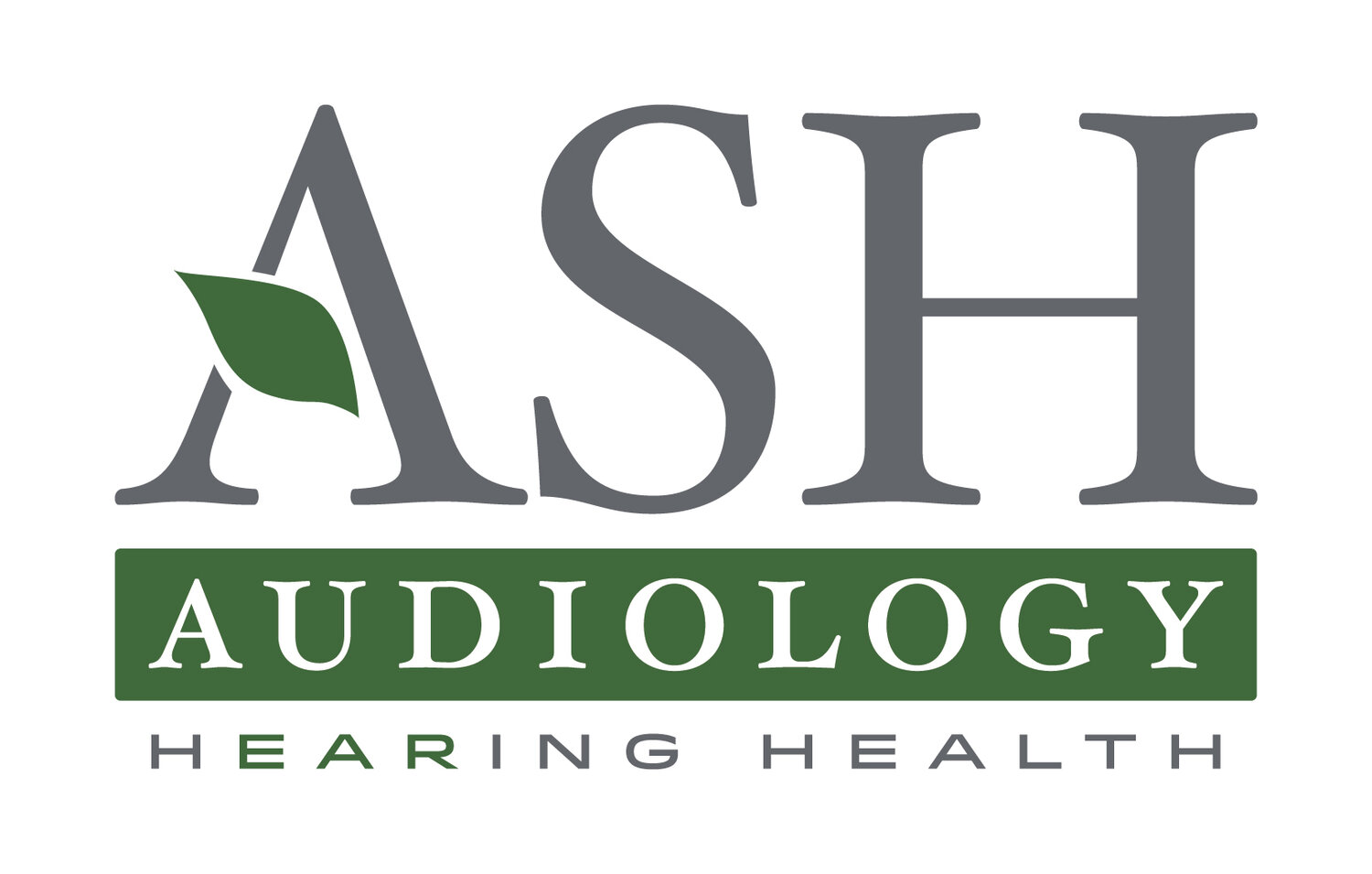
How to protect your hearing and prevent hearing loss
Protect your ears.
Wear hearing protection when in noisy situations (for instance, mowing, using firearms, using power tools, or going to a concert). To learn more about the different types, look here. If you have to raise your voice to talk to someone three feet from you, then you’re likely in an environment that could cause hearing loss. After being exposed to loud noise (for example, after a concert) give your ears some time to recover by avoiding loud situations for at least 24 hours.
Have your hearing checked regularly.
It’s always a good idea to have a baseline to compare to should something change with your hearing. If the last time you had your hearing checked was as a child, it’s a good idea to have it screened again no matter your age. If you’re 60 or older, you should have your hearing checked every 2-3 years, or if you are regularly around loud sounds, every year.
Limit or avoid risks.
Listen to music at a moderate volume, and avoid listening to music while vacuuming or mowing the lawn. Taking breaks from the noise or moving further from the noise source can also protect your hearing. Use custom earplugs when swimming, especially in natural bodies of water.
Noise-Induced Hearing Loss
Frequent exposure to noise is known to cause high frequency hearing loss and ringing in your ears. Damage to your ears can occur immediately if the sound is loud enough (such as, an explosion) or over a period of time if you’re exposed to a continuously loud environment (such as, a woodworking shop). If your job or hobbies require you to be exposed to noise, it’s important to get a ‘baseline audiogram’, so you’ll know if noise begins to damage your hearing. You should always use hearing protection if you know you’re going to be in a noisy situation, and give your ears time to recover from noise if possible. Watch this video to learn more about what noise induced hearing loss is and why it happens.
Here are the loudness levels, or ‘decibels’, of some common sounds,
Normal conversation: 60-70 dBA
Movie theater: 75-105 dBA
Motorcycles and dirt bikes: 80-110 dBA
Music through headphones at maximum volume, sporting events, concerts, and power tools: 95-110 dBA
Sirens: 110-130 dBA
Fireworks show and firearms: 140-160 dBA
5 Myths to Noise-Induced Hearing Loss
My ears can build up a resistance to noise. FALSE: You can’t ‘toughen up’ your ears. Continued exposure to loud noises damages your hearing.
Noise can’t damage my hearing unless it’s painful. FALSE: Noise can start to damage your ears around 85dB, but for some, doesn’t become painful until it reaches 140dB+. There are a lot of noises in between those levels that can damage your ears.
I can pop in and out of loud environments briefly and not damage my ears. FALSE: Some noises that are loud enough only take one time to hear them to damage your ears. Many small exposures to these sounds can add up and cause similar damage as exposure to continuous loud noise.
My hearing will recover with a little time. FALSE: Once noise-induced hearing loss has occurred, it cannot be repaired.
My hearing will go back to normal if I get hearing aids. FALSE: Hearing aids will help bring back clarity and volume of sounds, but they cannot replace your natural hearing. This is why they’re called an ‘aid’ rather than a ‘corrective’ device, like eyeglasses are.



“She was very kind and made sure I had a clear understanding of everything.”
— Anonymous in Oklahoma City, OK
